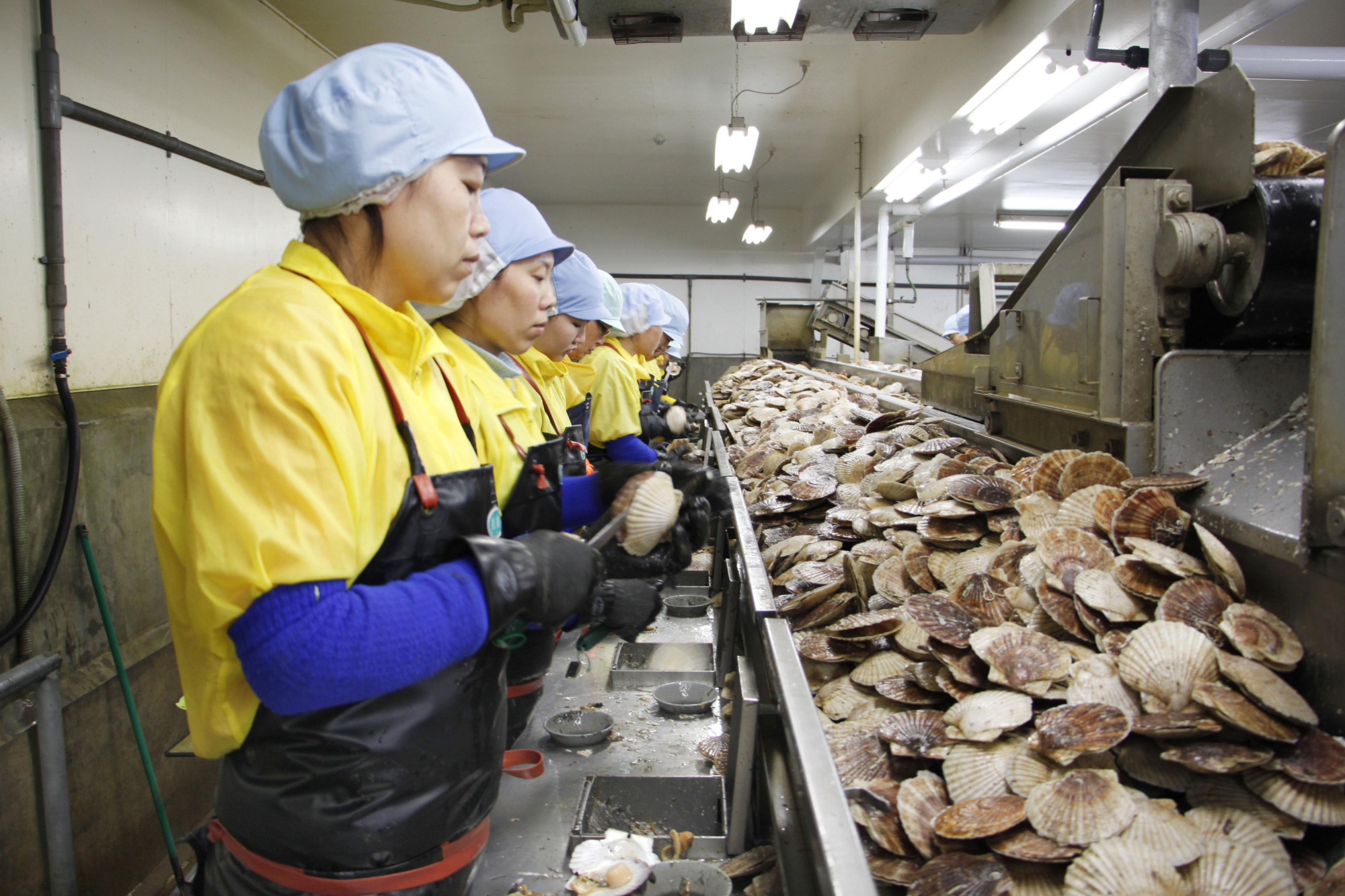Prime Minister Shinzo Abe receives a lot of grief from left-leaning pundits who consider his policies and outlook regressive, but right-leaning commentators aren't always enamored of the country’s leader either. They voice frustration at his refusal to visit the controversial Yasukuni Shrine and find it humiliating that he gives in to U.S. President Donald Trump on matters they see as being vital to Japan's interests, especially those having to do with trade.
Their biggest beef at the moment is the proposed revisions to Japan's immigration laws, a description that makes sense only in English because the government has never used the word "immigrant" (imin) in the context of the laws. The aim of the revisions, which are now being discussed in the Diet, is to increase the number of foreign workers in Japan. Many conservatives are upset because they see the revisions as inevitably leading to more foreign people moving to and eventually settling in Japan, a situation they oppose.
Economist Takaaki Mitsuhashi represented this view in an Oct. 11 post on his blog, arguing that the Abe administration was intent on advancing an "immigrant policy." He says the government is anxious about the labor shortage brought on by the low birthrate and subsequent loss of "productive-age workers." Mitsuhashi blames this situation on the private sector, which, following the austerity policies implemented by the administration of Ryutaro Hashimoto in 1997, has neglected to invest in resources that would increase productivity. The growth rationale of the business community since the dawn of the new millennium has been based on keeping costs down, chiefly by suppressing wages, he says.



